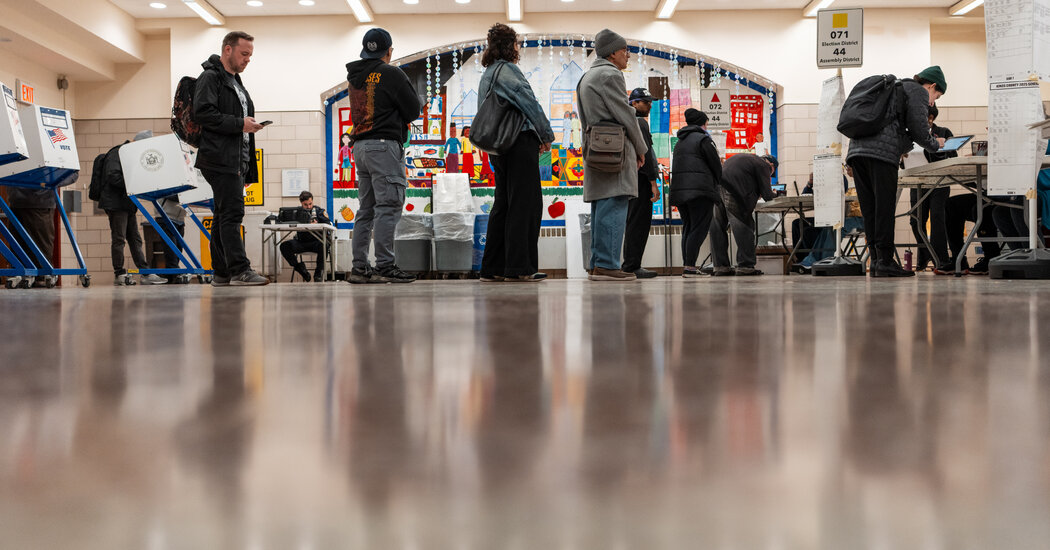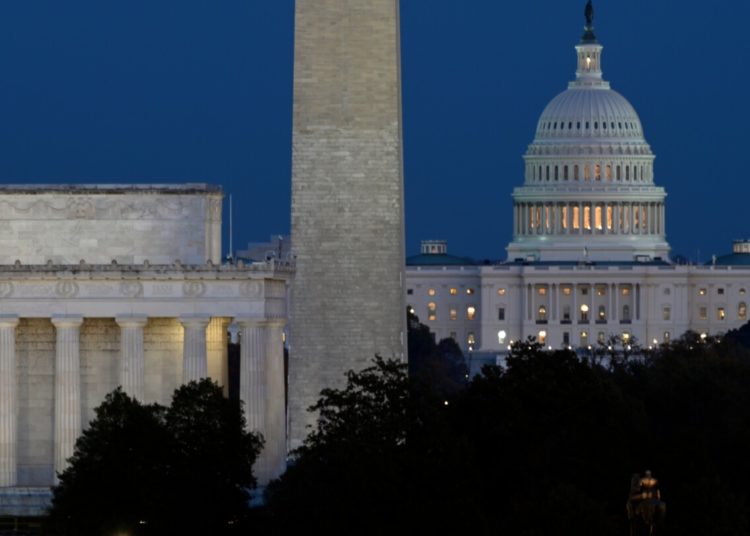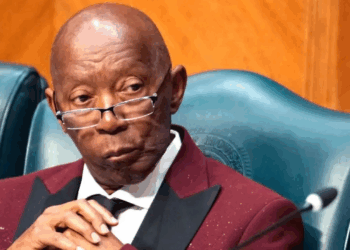New York City voters on Tuesday delivered a strong message in support of building more housing, passing three proposals that pitted City Hall against the City Council in an effort to rewrite decades-old development rules.
Assemblyman Zohran Mamdani, who was elected mayor on Tuesday, repeatedly declined to take a position on the measures over the past few months, only revealing that he supported them on Election Day.
An independent commission created by Mayor Eric Adams wrote the measures — Proposals 2, 3 and 4 — over the spring and summer, with input from the public. They take aim at the unofficial veto individual council members have over projects in their districts, and shift more power to City Hall.
The proposals’ supporters said the council members’ veto makes the development process too unpredictable, and holds back construction.
But the City Council opposed the measures, asserting that council members need the threat of the veto to force developers or City Hall to include amenities like parks, schools and affordable housing in big projects. The Council lamented the passage of the proposals.
“This will leave our city without the checks and balances of democracy to protect New Yorkers and ensure outcomes that prioritize them, not simply profits,” said Benjamin Fang-Estrada, a spokesman for the City Council.
Other opponents, which included powerful labor unions, tried to frame the measures as a power grab by the mayor and the real estate industry.
The results on Tuesday, though, showed the degree to which New Yorkers have come to embrace development as a solution to the city’s housing crisis, which is at its worst point in decades. The rental vacancy rate, according to the most recent city measurement, is just 1.4 percent. Mr. Adams created the commission, the Charter Revision Commission, with the goal of finding ways to get more homes built.
Proponents of the measures say that other cities should view them as a template for addressing nationwide affordability issues.
“In a history-making move, New Yorkers have determined our own destinies by passing first-in-the-nation local reforms that will finally allow us to treat affordable housing as it should be in our nation: a basic right to which we must all have access,” said Amit Singh Bagga, the campaign manager for a political action committee, “Yes on Affordable Housing.”
The three proposals the commission wrote diminishing the City Council’s influence over housing development drew more focus than anything else on the back of the ballot.
One measure creates a “fast track” by giving the City Planning Commission, instead of the City Council, the authority to approve or reject affordable housing projects in the 12 community districts that have allowed less housing to be built than any others. A majority of the planning commission’s members are appointed by the mayor.
Another measure makes it easier to build “modest” developments, such as those that would be up to 30 percent bigger than the current rules allow. These changes would also need approval from the planning commission, and not the Council.
A third creates an appeals board that could overrule a decision by the Council to reject or modify an affordable housing development. The board would need agreement between two of its three members: the mayor, the Council speaker and the president of the borough where the development was proposed.
Debate over the measures also intersected with the mayor’s race.
Former Gov. Andrew M. Cuomo, who ran as an independent after losing in the Democratic primary, supported the measures, while the Republican candidate, Curtis Sliwa, opposed them.
Last year, the City Council approved a major plan promoted by Mr. Adams known as “City of Yes,” that is expected to allow for creation of 80,000 new homes over the next 15 years.
Mihir Zaveri covers housing in the New York City region for The Times.
The post New York City Voters Pass Contentious Housing Ballot Measures appeared first on New York Times.




